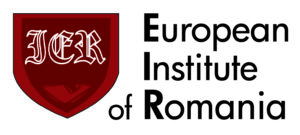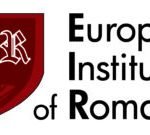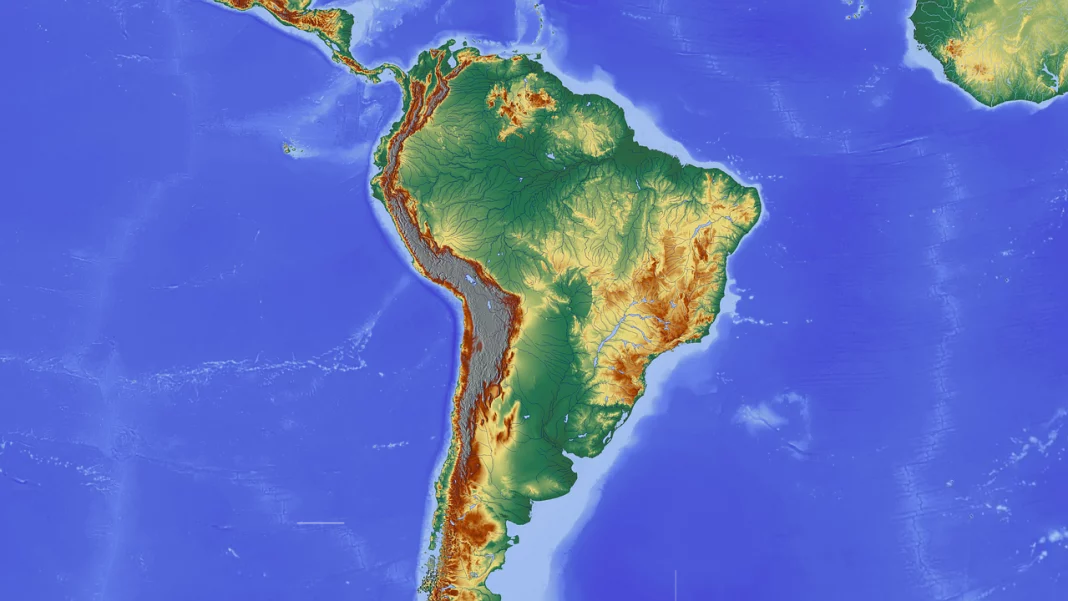The European Union-MERCOSUR Agreement is the largest free trade agreement ever negotiated by the EU in trade output and in its geographical scale. The Agreement’s negotiations and, particularly, its signature and ratification process by the EU have been disrupted and complicated by several political and economic developments in South America and Europe during the 2010s. Since 2022, there has been a renewed push by the European Commission to conclude the Agreement, which has been met by cautious optimism by the member states of both blocs, particularly regarding agricultural and environmental policy. The present paper analyses the political and economic causes for the delays and controversies since 2010 and assesses the prospects of concluding the Agreement as of 2023, with special attention to the more sceptical EU member states.
Author: Stefano Arroque, Brussels-based researcher in European affairs, specialised in Italian, Central, and Eastern European Politics.
This text has originally been published on the European Institute of Romania website.



